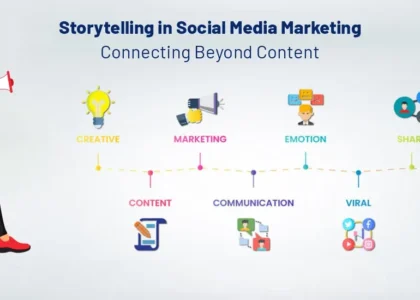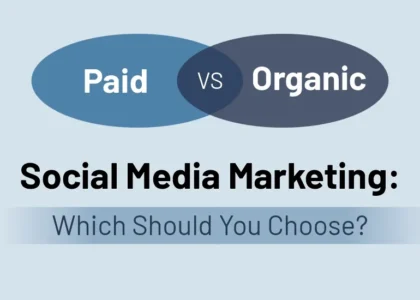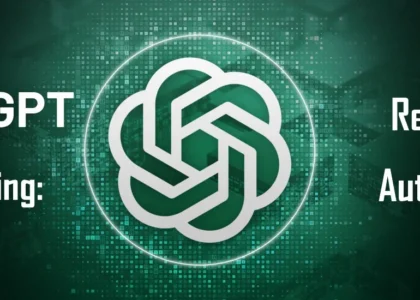Do you know why a social media calendar is the secret weapon that every brand manager needs?
Let’s learn about a social media calendar, its importance, and why brand managers need it.
Introduction
In a world that is evolving daily as we shift towards a more digitalized world, brand managers need to extend their roles from traditional marketing to digital marketing.
As social media is becoming the ultimate source of digital marketing, maintaining consistent and strategic content is essential. For managing various social media platforms, sorting the content, the date, and the posts for each social media calendar is needed. A social media calendar is a game-changer tool for every brand manager to improve speed and efficiency and lessen mistakes.
What is a social media calendar?
A social media calendar or content planner is a game-changer tool in social media marketing. It organizes upcoming social media posts by date and time. It can be a document, spreadsheet, or dashboard that helps you align your content for multiple social media platforms. There are many perks to having organized a social media calendar, including:
- Saves time
- Maintains a consistent posting schedule
- Track and report on published content
But what are the main reasons brand managers need social media calendars? Here are listed all of them for you:
Reasons why a Brand needs social media Calendar
- Provides consistency to the brand: To be found and registered as an active brand on social media platforms, you should be consistent and post regularly. Consistency improves credibility and overall trust in the brand. A social media calendar is preplanned carefully for the months and events ahead. It provides consistency and keeps things sorted.
- It saves time and increases efficiency: When things are organized, it is evident that it takes less time to complete them. A social media calendar is the most effective tool for increasing efficiency, with its preplanned and organized nature that makes a hassle-free process for active posting.
- Helps align content with marketing goals and campaigns: In social media marketing, each piece of content can be tied to specific marketing goals, such as increasing brand awareness, educating consumers, generating leads, or driving sales. Planning the events helps you to customize content around key events, product launches, or seasonal trends, maximizing its relevance and impact.
- Provides insights for data-driven decisions: Social media content calendars are convenient for tracking past performances and metrics like engagement, reach, and demographics, which then inform future content strategy personalized for your audience, enabling you to make the right choices about what to post, when to post, and how to optimize your content for maximum impact.
- Enables better resource allocation: When content is planned and structured for all the platforms, it makes it easy to enable better resource allocation, allowing teams to efficiently distribute tasks, manage workloads, and prioritize content creation based on upcoming dates and marketing goals.
- Improves flexibility and adaptability: The social media content calendar provides flexibility and adaptability as they have a free nature, and every brand manager can structure them as per their need. They can add working status, execution date, ideas, inspiration, etc. to make it more than a schedule sheet.
How do brand managers make social media calendars?
The best and most brand managers have the best and most effective social media calendars, and there’s a secret to that. As the best social media and digital marketing agency in Delhi, our expert brand managers at Arrowpace are highly proficient and, hence, create the most effective social media calendars that optimize the full potential of brands and create direct engagement. Here’s how we do it:
- Identify your social media channel: It is the most crucial step to identify the platforms you want to prioritize for effective schedule-making and planning consistency strategies. It must be known which channel is most responsive for your brand.
- Audit your social media platforms: Conducting an audit on social media platforms provides you with much crucial information, such as:
- Top-performing posts on your channels.
- Audience interests
- Key times for audience interaction
- The popularity of long-time and real-time posts
- Audience demographic across social media platforms
- Determine your target to track: After finalizing and auditing, creating the baseline of the calendar is the next most logical step. You need to know exactly what content you will focus on, which would drive brand engagement and recognition.
- Plant your posting pattern: Planning your posting pattern according to the timings when your audience is most active is an effective approach, and it gets easier after scheduling it on the social media calendar.
- Track and report on posted content: This is most helpful for making future strategies and themes. You can also use meta to select content, as it provides all data about your audience’s activity, interests, and timings.
Conclusion
A social media content calendar is an essential tool for brand managers looking to save time, optimize content, refine their strategies, and ensure consistency across all platforms. It serves as a predecided schedule to work on and stay on the right track. Social media calendars are useful for organizing events and campaigns and working accordingly, which makes seamless marketing experiences for users and hassle-free work for managers.
FAQs
Q1: Why is it important to have a social media calendar?
Ans: It provides efficiency, schedules posting, tracks performance, and reduces time wasting and mistakes.
Q2: What are the 3 benefits of digital calendars?
Ans: Saves time, maintains consistent posting and tracking, and reports on published content.
Q3: What is the aim of the calendar?
Ans: Keeping track of the passage of days and counting time far into the past or future.
Q4: What is the goal of a social media manager?
Ans: Setting content strategy and driving engagement on a company’s social platforms.
Q5: What is the role of social media in brand management?
Ans: Social media provides engagement, brand recognition, exposure to new and wide audiences, and online personality to brands.





